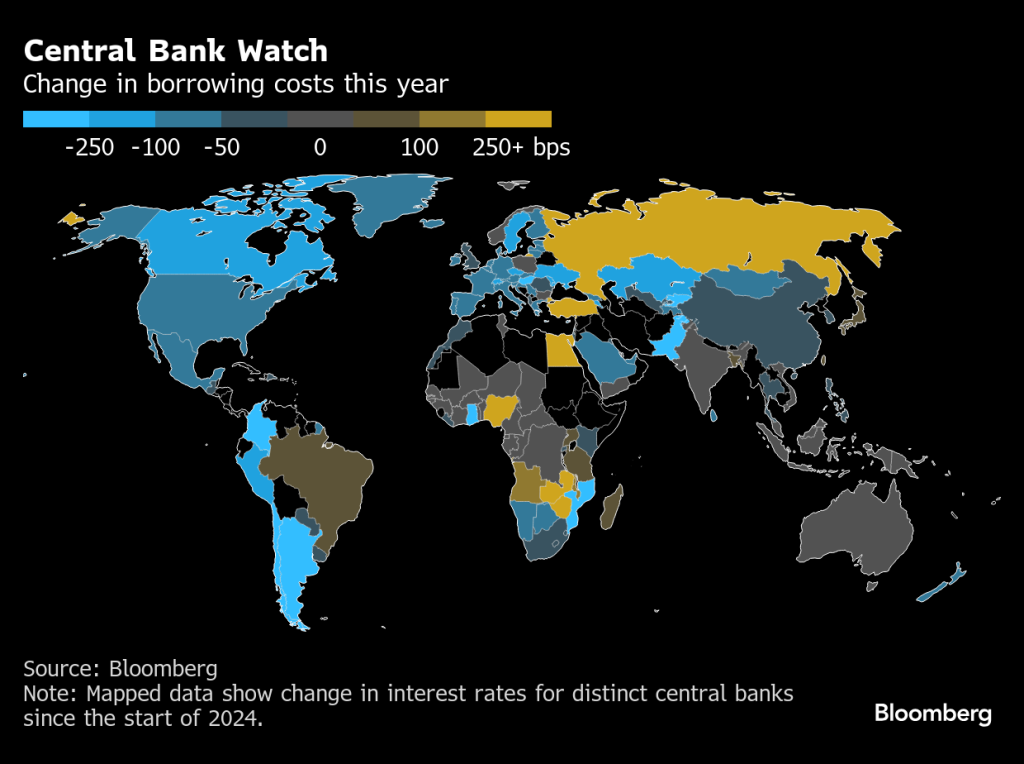UniCredit's €10.1 Billion Bid for Banco BPM: A Banking Shift
Discover how UniCredit's €10.1 billion acquisition proposal for Banco BPM could reshape the European banking landscape and enhance competitive strength.

Key Points
- UniCredit
has proposed a €10.1 billion acquisition of Banco BPM, aiming to merge Italy’s second and third largest banks to strengthen their market presence.
- The offer includes a modest premium, raising concerns about the undervaluation of Banco BPM's potential, especially following its recent strategic moves.
- This acquisition marks a shift in focus for UniCredit, reinforcing its commitment to enhance competitive capabilities within the European banking sector.
In a significant maneuver within the European banking landscape, UniCredit has recently proposed a €10.1 billion acquisition of Banco BPM. This bold initiative not only aims to merge Italy’s second and third largest banks but also highlights a strategic effort to bolster UniCredit's presence across Europe. The offer, announced by UniCredit's CEO
, indicates a shift in focus towards strengthening competitive capabilities at home while also addressing broader economic opportunities within the region.
The Details of the Proposal
As reported, the acquisition proposal includes an offer of 0.175 UniCredit shares for each Banco BPM share, equivalent to approximately €6.67 per BPM share. This represents a minimal premium of around 0.5% based on Banco BPM’s stock price before the announcement. This modest premium has raised eyebrows, with analysts suggesting that it might undervalue the potential of the Banco BPM brand and its strategic significance in crafting a formidable banking entity in Italy.

A Market Response and Strategic Implications
Following the announcement, Banco BPM’s shares surged by approximately 5.5%, reflecting a market sentiment that views the offered premium as inadequate. Investors appear to believe that Banco BPM holds greater intrinsic value, particularly in light of its recent acquisition of a stake in
and its plans regarding asset manager Anima Holding.
This acquisition proposal surfaces in a landscape of intense competition among European banks, where consolidation is necessary to enhance operational efficiencies and competitiveness. Orcel articulated that “Europe needs larger and stronger banks” to effectively compete on the global stage and to foster economic development. This message resonates deeply in a fragmented banking sector seeking resilience against economic challenges.
Understanding the Strategic Landscape
It is also significant to note the broader context of this acquisition bid. Just prior, UniCredit had invested significantly in the German bank
, reigniting discussions regarding its potential alignment with larger-scale acquisitions. However, political tensions in Germany regarding foreign ownership of domestic banks have complicated these ambitions, prompting UniCredit to redirect its focus towards enhancing its position in Italy.
This shift underlines a strategic pivot, reflecting the understanding that stability and growth in the domestic market can pave the way for future expansions. By consolidating with Banco BPM, UniCredit could potentially form a robust financial entity with the capability to cater to a larger customer base and drive growth through synergies generated from the merger.

Looking Ahead
As discussions surrounding this acquisition unfold, the broader implications for the banking sector in Europe could be profound. The potential formation of a new banking leader not only changes the competitive dynamics within Italy but may also alter how European banks interact globally. Consequently, the confluence of these strategies reveals a determined effort to capitalize on existing assets while navigating political and market challenges.
Moreover, UniCredit’s vision extends beyond mere acquisition—it represents a focused effort to build a sustainable financial future that leverages enhanced capital strength and diversified portfolios. The integration process, slated to commence after the exchange offer's anticipated completion by June 2025, aims to realize maximum synergies within 24 months, further enhancing service offerings and operational efficacy.
In summary, the proposed acquisition of Banco BPM by UniCredit is more than a financial transaction; it reflects a broader strategy aimed at positioning a pan-European banking leader capable of navigating future challenges. As the situation develops, stakeholders and market analysts will be keenly observing how this merger unfolds and the subsequent impacts it may have on Europe's banking landscape.


